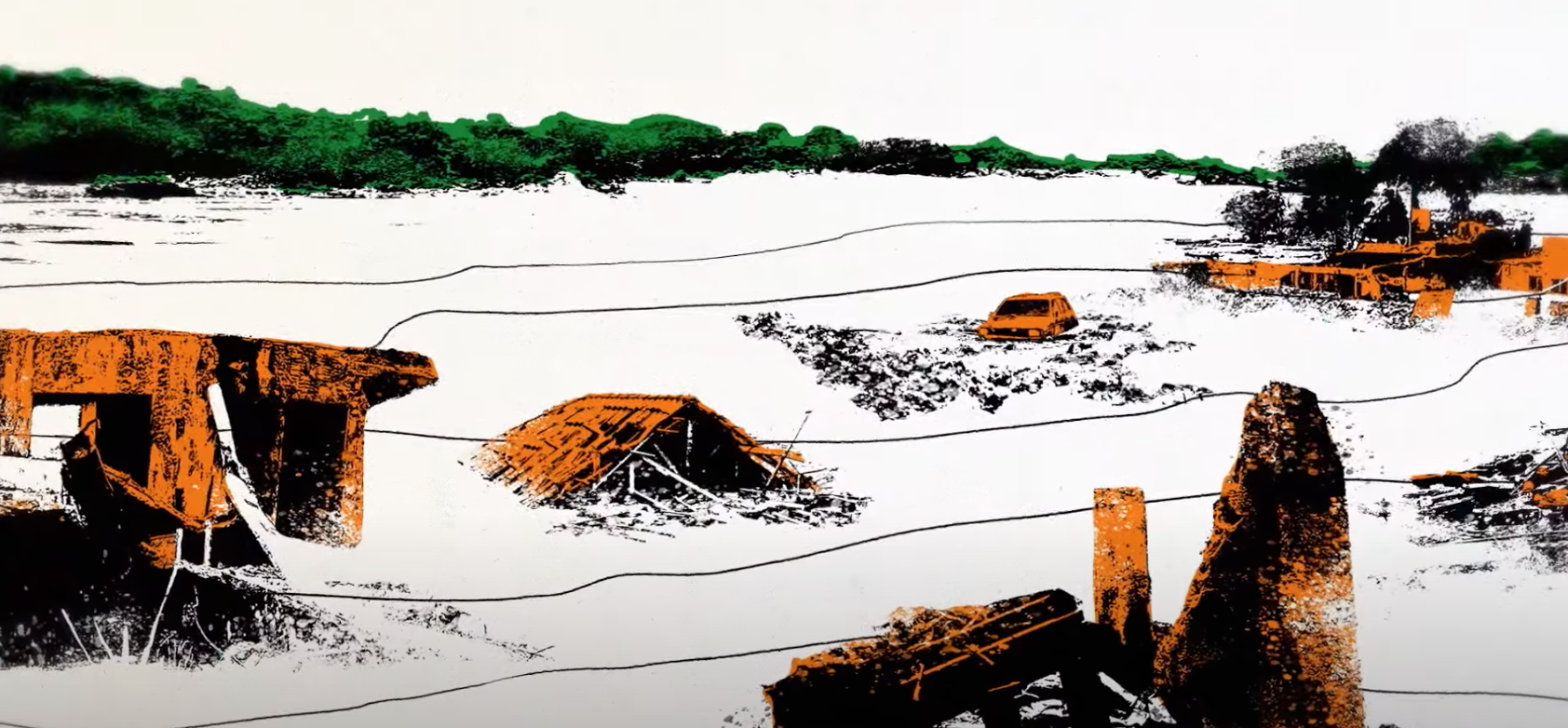A new court decision suspends environmental license for gold mining project in Pará based on the lack of consultation with affected riverside communities. Ruling comes one month after the Federal Appellate Court of the First Region upheld the suspension of the license for lack of consultation with Indigenous peoples
Altamira, Pará, May 26, 2022 – Canadian mining company Belo Sun, which intends to build the largest open-pit gold mine in Brazil in Volta Grande do Xingu, in the state of Pará, has suffered another defeat in the courts. The mining company’s environmental licensing was again suspended, this time by a decision of first instance by the Altamira Court. The decision refers to a Public-Interest Civil Action filed by the Public Defender’s Office of the state of Pará.
In the preliminary decision handed down on Tuesday, May 23, Judge Antônio Fernando de Carvalho Vilar ruled for the “suspension of the effects of environmental licensing No. 2012/5028 and 2015/5340, of the company Belo Sun Mineração Ltda., filed in the State Secretariat for the Environment and Sustainability (SEMAS), until a socio-environmental study of the riverside peoples is carried out, at a minimum distance of 10 km from the project, on both banks of the Xingu River, as well as prior, free and informed consultation and consent of riverside peoples is carried out, by the State of Pará, as provided for in article 6 of Convention No. 169 of the International Labor Organization (ILO).”
Also according to Vilar, the prior consultation “must present itself as a permanent channel for dialogue with the traditional populations affected by large projects such as the one in the case,” and must be “broad and based on good faith, allowing those affected to consent or not to the implementation of the project, to be present in the decision-making processes, and that their opinions and interests are taken into account by state officers.”
This is the second lawsuit currently suspending Belo Sun’s environmental licensing. On April 25, the Federal Appellate Court of the First Region (TRF-1) upheld the decision, taken in 2017 in a Public-Interest Civil Action filed by the Federal Prosecution Office, to suspend the installation license until the company presented the impact studies on Indigenous peoples, and that free, prior and informed consultation be carried out in accordance with a Consultation Protocol prepared by the Juruna Indigenous people of the Paquiçamba Indigenous Territory.
Other lawsuits
The threat of serious impacts on the communities surrounding the Belo Sun project has also generated other lawsuits, which are still pending in the courts. On April 26, the Federal Public Defender’s Office filed a Public-Interest Civil Action against the agreement between INCRA and Belo Sun which transferred 21 lots belonging to the Ressaca Settlement Project to the mining company, in exchange for the public agency’s participation in the profits from the mining activities.
In early March, the Federal Public Defender’s Office had already filed a Public-Interest Civil Action against the federal government and INCRA, demanding land tenure regularization and entitlement of the properties for more than 200 families in the Vila Ressaca Settlement Project, where Belo Sun is expected to build its project.
Other pending legal actions include a Public-Interest Civil Action by the Federal Prosecution Office demanding the transfer of licensing jurisdiction from the State Secretariat for the Environment and Sustainability (SEMAS) to the Brazilian Environmental Protection Agency (IBAMA, under analysis of the Federal Appellate Court of the First Region), currently being processed; a lawsuit by the District Attorney’s Office that also questions SEMAS’s jurisdiction to provide licenses for Belo Sun, and asks for the annulment of all licenses granted (currently under analysis by the Federal Court); a lawsuit by the State Public Defender’s Office against the illegal purchase of land and the forced eviction of families from the Ressaca Settlement Project; and another lawsuit by the State Public Defender’s Office on irregularities in the purchase of federal land (awaiting trial on the merits).

